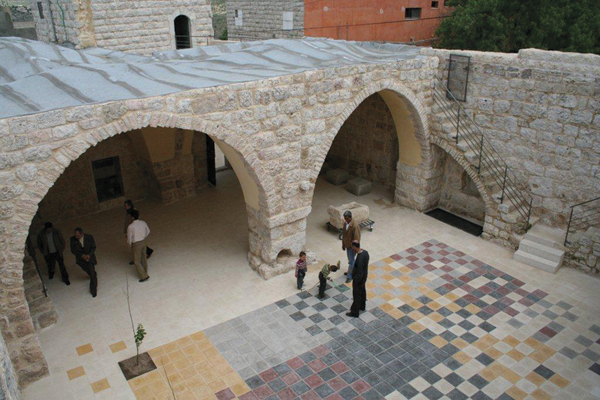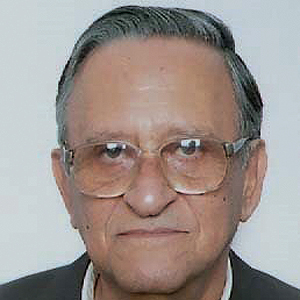
The ancient Romans are remembered mostly for their military might and blood sports; however, they possessed positive features as well. One such feature is the concept expressed by the Latin phrase res publica meaning the public thing. This term is the root of the word republic in English and similar words in other European languages. The concept evolved over the centuries with the expansion of the Roman Empire which necessitated additional methods of political organization.
Res publica is an umbrella term concerned with the common good. It included public property, spaces, and wealth; public behavior, and public service. Initially, societies were dominated by the communal domain, which is guided by long-standing traditions and where decisions are taken informally within a tribe or similar social group. Thus, a space within a village has one purpose during the harvest season and is put to another use for a wedding. Gradually there emerged a private domain that was concerned with the welfare and wealth of an individual, family, or small group. As society developed, an organized public domain arose which was based on a generally accepted authority. Occasionally, when the population felt that the authority did not respond to its needs, the authority was overthrown. The French Revolution is probably the prototype of such an event.
Palestinians, together with other peoples of the region, lived for centuries under an external authority that did not cater to their needs and, frequently, acted in a manner antithetical to their needs. Hence, opposition to the authority of the time was inevitable. Although this is not an overview of historical events to this end in the area, it is important to name two significant moments. A recent major eruption was the Intifada of 1987–1991, which constituted a broad rejection of Israeli rule and attracted worldwide attention. During this period, the public domain receded and the communal domain, with its deep roots in Palestinian culture, re-emerged with surprising strength, guided by a largely anonymous local leadership.
This period was followed by the establishment of the Palestinian National Authority (PNA), which remained severely constrained by Israeli domination that limited the scope of its possible actions. This limitation inevitably also affected improvements in internal affairs where the PNA could act but did not do so with sufficient political will. A spirit of helplessness permeates the public sphere in Palestine. The PNA also followed a neo-liberal policy espoused by the World Bank and other international donors. These two factors resulted in a high degree of unemployment and poverty while simultaneously a small political-economic elite, sometimes referred to as the one percent of society, gained ascendancy. The poverty gap has grown, and these two groups have lived in bubbles isolated from each other. As the public domain could not function under such circumstances of social fragmentation, the private domain has become the dominant concern of the populace; the poor are concerned with obtaining the minimum means of livelihood whereas the elite continue to amass wealth and power. Furthermore, a generational gap has arisen, fueled by rapid changes in the priorities of the young generation. Of course, Palestine is not alone in the growth of these two gaps.
The decline in concern for the common good is evident in many ways. The neglect and abuse of public space is highly visible, and the center of Ramallah – the Manara – is a prime example. Garbage and filth are all over the place, shopkeepers place their wares on the sidewalks, pedestrians walk in the middle of the street, and double parking is common. Courteous behavior is rare. A contributing factor to this situation is the insufficiency of public spaces and services. Local authorities seem more concerned with protecting private property than with providing public spaces and services. Moreover, the tremendous transformation of Palestinian society during the past few decades, as evidenced by social and geographic mobility, has led to many people living and working in locations that they do not consider as their own, and thus they do not feel responsible for the proper care of these spaces. Public property belongs to everyone, but it is seen as belonging to no one. Only private property is considered to be of value. This situation can be clearly noted in the luxurious villas and offices located a short distance from the center of town.
The concept of public service is another aspect of Palestinian life that has receded. And again, Palestine is not alone in this development. Whereas in the past, leaders who devoted their lives to public service with dedication were highly esteemed, public servants today see their careers as a way to advance their wealth and status. The Caliph Umar Ibn-al-Khattab dressed simply and lived modestly. Queen Juliana of the Netherlands and her daughter Queen Beatrix were content to ride their bicycles like ordinary citizens. Of course, history has witnessed many famous ostentatious leaders, but today’s mass media and celebrity culture have brought the lives of such leaders into common view all over the world. Humility of spirit elicits admiration; a self-inflated ego invites contempt.
Yet there are commendable aspects of Palestinian life and sources of strength and regeneration within it. Paradoxically, foremost among these are the residual traditional communal habits that are still active in Palestinian society. Such habits include collective cooperation in times of need and the desire for acceptance by society; they can be augmented and channeled positively.
In fact, the restoration of awareness of the common good in Palestine can proceed along many paths. The upbringing and education of the young is first among these. Families and schools can cooperate in the inculcation of respect for public spaces, the adoption of acceptable public behavior, and the development of a set of values that is based on awareness of the common good. Mass media can be used to further this aim. While the school system has moved in this direction hesitantly, much more needs to be done.
Palestinian adolescents and young adults are living in an era of endless instability. Some are constrained by ancient traditions, others have rushed mindlessly to imitate their Western peers, while some are actively engaged in the affairs of their nation. Palestinian youth culture is diverse and vibrant. Many organizations advance the participation of youth in the various fine and performing arts, music, theatre, and literature. Voluntary activity by youth, pioneered by Birzeit University in the early 1970s, is widespread. However, such activity remains of temporary impact; official involvement is needed for such activity to have a lasting effect and wider impact.
The present provision of public spaces and services is insufficient; this includes transportation facilities, recreation areas, and the maintenance and cleanliness of public spaces. The prevailing shortage of such amenities necessarily leads to negative public behavior. Local authorities have to expand these spaces and services. But the awareness of this need is either nonexistent or its amelioration not considered urgent enough. This situation requires a radical change in the priorities of local authorities.
The Palestinian leadership has remained locked in facing intractable political challenges and has not devoted the needed effort to the internal situation. A gap has arisen between the leadership and the populace on all fronts. Again, a radical change in priorities is needed. Although the political system in Palestine is transparent to some degree, it is seen as not being sufficiently attuned to the aspirations of the people. Such a change of outlook, policy, and priorities is a prime requirement for the restoration of the common good in Palestine.
» Professor Ramzi Rihan has been involved with Birzeit University through academic and influential administrative positions since 1970, when he participated in the founding of the university. Furthermore, he has dedicated time to his interest in education in Palestine and has written numerous articles on the topic.


